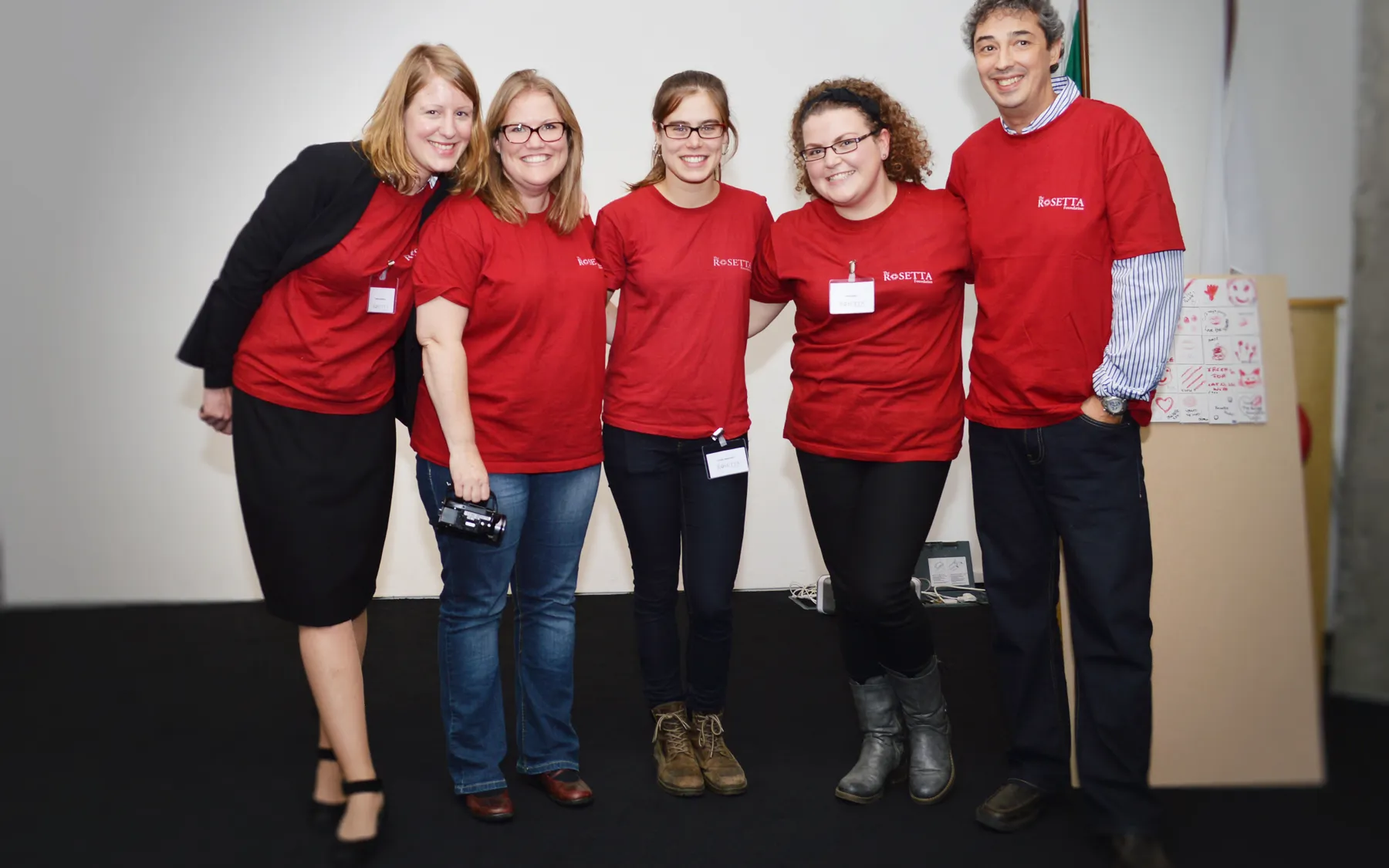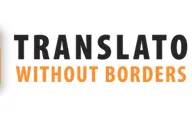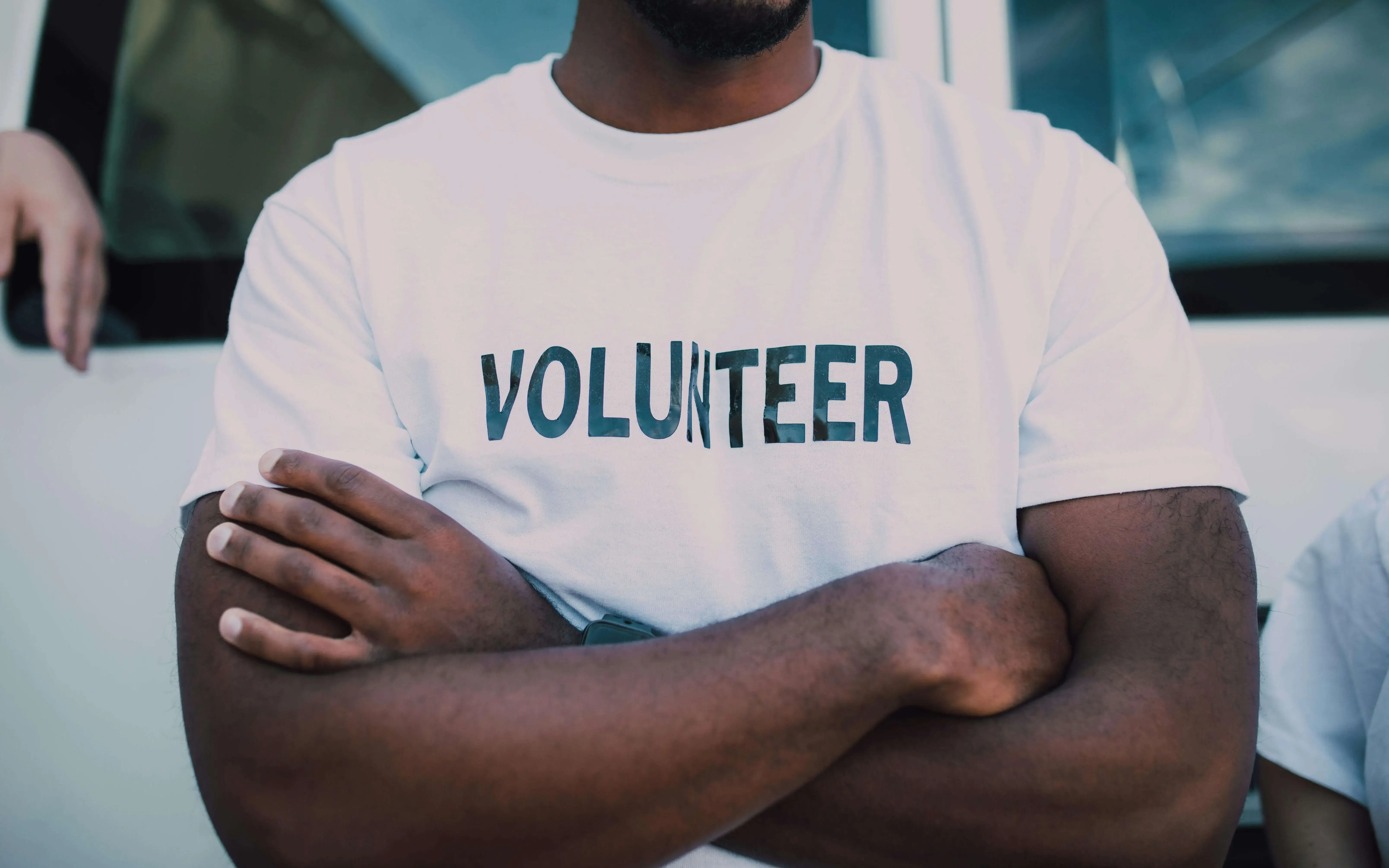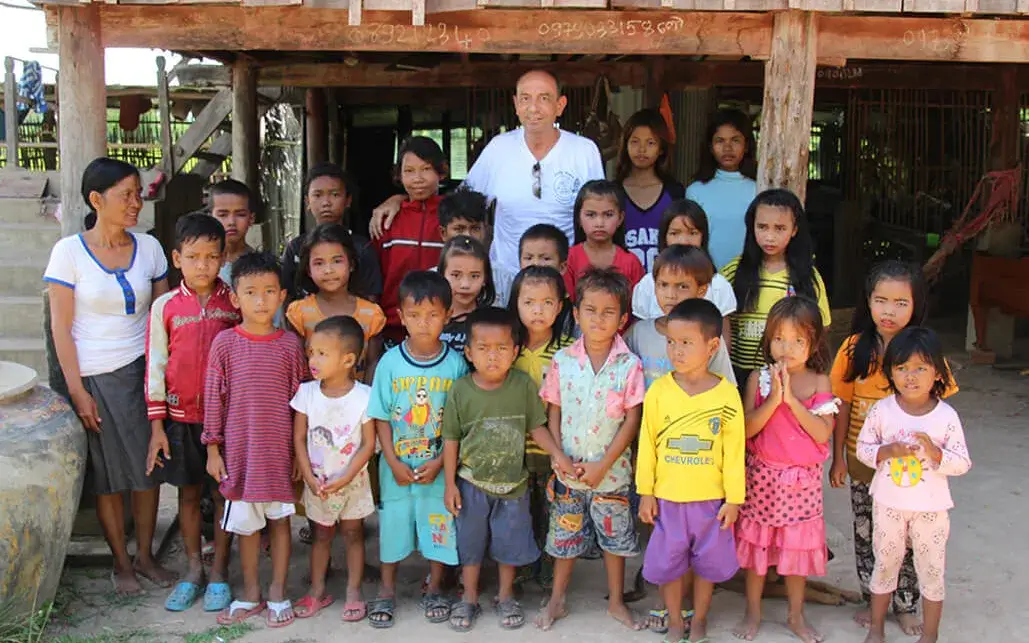Translators Without Borders and The Rosetta Foundation, the leading NGOs in the field of translation worldwide, start an integration process while keeping independent spaces.
“We have seen, for example recently during the refugee crisis in Greece, how information can save and transform lives”. That is what board member of Translators Without Borders (TWB) and The Rosetta Foundation (TRF), Andrew Bredenkamp, said in an interview in June. Access to information in different languages can improve people’s lives. Breaking down the linguistic barriers through translation is precisely the goal which drives these NGOs, two of the most important ones in their sector.
This year, both organizations have decided to take a step further with a specific action: joining forces and working together to increase the efficiency of the linguistic services they offer. On the one hand, The Rosetta Foundation works with volunteer translators through the Trommons platform, developed by the Localisation Research Centre at the University of Limerick. Entities can upload their projects to the platform of this Irish NGO where a community of more than 10000 translation professionals pick the documents according to the source and target language to translate at no cost, for altruistic reasons. On the other hand, Translators Without Borders was founded in the United States in 2010, a year after TRF was launched. Since then, they have developed their translation platform Kató.
This merger has come about because it allows for the expansion of the services and products offered by both organisations, with the aim to better serve their missions. More specifically, TWB will now have access to The Rosetta Foundation’s community model and technology. This union also benefits TRF since this organization will have access to wider audiences, and it will bring a greater professionalization of its operations.
For now, both entities will keep their identities and some areas of autonomy, such as the Trommons and Kató platforms, and their respective boards and sponsors. The most significant changes will be made over the next year, since this merger was announced in June 2017 and some practical issues have yet to be finalized.
The Rosetta Foundation indicates in a statement that in the past five years, and especially since the Ebola outbreak between 2014 and 2015 there has been an increase in awareness with regards to the importance of language as a critical part of the humanitarian response and development work. During this time, these two NGOs have built communities to ensure that local organizations have access to resources in the languages spoken in the place where they carry out their work. As for the volunteers, those who are currently collaborating with TRF will be able to do so with TWB and vice versa.









Add new comment